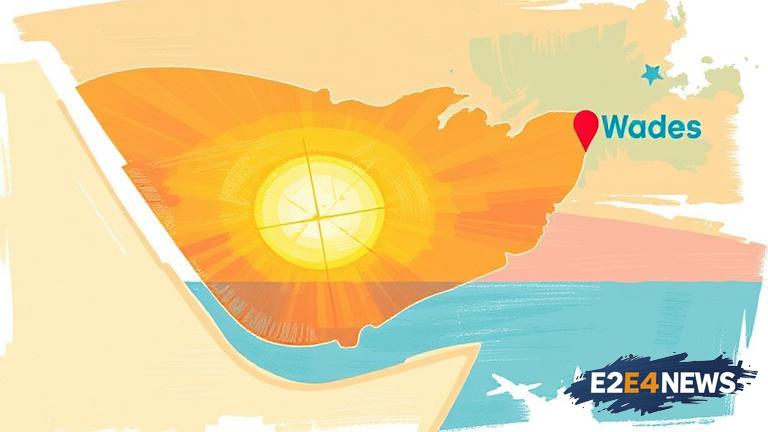The United States has recently commended the Gulf states for their impressive economic resilience, highlighting their capacity to navigate the complexities of the global economy with ease. This praise comes as a testament to the region’s strategic importance and its ability to maintain stability in the face of uncertainty. The Gulf states, comprising Bahrain, Kuwait, Oman, Qatar, Saudi Arabia, and the United Arab Emirates, have long been recognized for their significant contributions to the global economy. With their vast oil reserves and strategic locations, these countries have been able to leverage their natural resources to drive economic growth and development. Despite the challenges posed by the COVID-19 pandemic and the resulting economic downturn, the Gulf states have demonstrated remarkable agility and adaptability, implementing policies and reforms aimed at diversifying their economies and reducing their dependence on oil exports. The US has taken notice of these efforts, acknowledging the region’s potential as a key player in the global economy. The Gulf states’ economic resilience is attributed to their prudent fiscal management, investment in human capital, and strategic investments in key sectors such as technology, tourism, and renewable energy. Furthermore, the region’s business-friendly environment, characterized by favorable tax regimes and streamlined regulatory frameworks, has made it an attractive destination for foreign investors. The US has also praised the Gulf states for their commitment to regional security and stability, recognizing the critical role they play in maintaining peace and security in the Middle East. The region’s economic stability has also been bolstered by the implementation of the Gulf Cooperation Council (GCC) customs union, which has facilitated the free movement of goods and services among member states. In addition, the GCC’s monetary union has helped to promote economic integration and cooperation among member states. The US has expressed its desire to strengthen economic ties with the Gulf states, exploring opportunities for cooperation in areas such as trade, investment, and energy. The region’s strategic location, situated at the crossroads of Europe, Asia, and Africa, makes it an important hub for international trade and commerce. The Gulf states’ economic resilience has also been driven by their significant investments in infrastructure development, including the construction of world-class airports, seaports, and transportation networks. These investments have helped to enhance the region’s connectivity and competitiveness, making it an attractive location for businesses and investors. Moreover, the Gulf states have been at the forefront of innovation, with many countries in the region investing heavily in research and development, particularly in areas such as renewable energy, biotechnology, and information technology. The region’s economic stability has also been underpinned by its strong financial systems, characterized by well-capitalized banks and a robust regulatory framework. The US has praised the Gulf states for their efforts to promote economic diversification, recognizing the importance of reducing their dependence on oil exports and developing a more diversified economy. The region’s economic resilience has also been driven by its highly skilled and educated workforce, with many countries in the region investing heavily in education and training programs. In conclusion, the Gulf states’ economic resilience is a testament to their strategic importance and their ability to navigate the complexities of the global economy with ease. As the region continues to evolve and grow, it is likely to play an increasingly important role in shaping the global economy and promoting regional stability and security.
